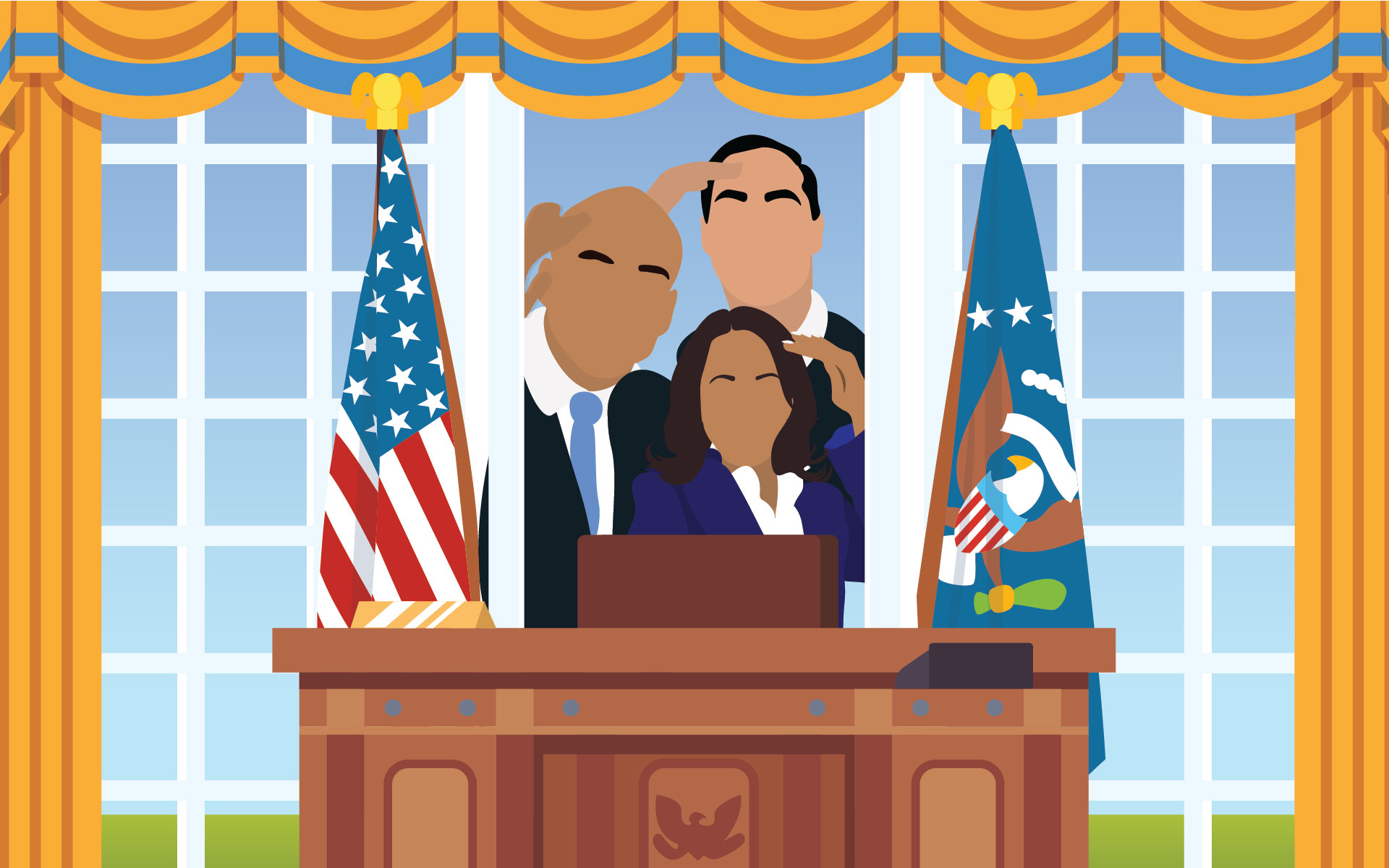The first Democratic presidential debate of 2020 is scheduled to take place on Tuesday night, and only six of the 12 candidates who are running have qualified to participate. All six are white: former Vice President Joe Biden, Mayor Pete Buttigieg, billionaire businessman Tom Steyer, and Senators Amy Klobuchar (Minnesota), Bernie Sanders (Vermont) and Elizabeth Warren (Massachusetts).
This is the second debate in a row that will be all white. It is disappointing, especially amid reports that Senator Cory Booker has dropped out of the race as of Monday afternoon. What began as the most racially and gender-diverse presidential contest in American history has slowly become more white and male. December’s debate featured only one non-white person on stage, businessman Andrew Yang, who noted the lack of racial diversity by saying he missed the presence of Senators Kamala Harris and Cory Booker.
This has led many to ask why Black and brown candidates seem to be shut out of the debate process, particularly when they have raised enough money from donors to qualify. Booker met the donor threshold for January but did not meet the polling requirements. The same goes for Harris and former Housing Secretary Julián Castro in December, who both dropped out after failing to poll above 3% nationally.
Why haven’t minority candidates gotten more traction? DNC Chair Tom Perez doesn’t say, adding he was “sad” that @kamalaharris dropped out of the race. WATCH –> pic.twitter.com/hBCkJFfbmD
— Face The Nation (@FaceTheNation) January 5, 2020
In a letter to Democratic National Committee (DNC) Chair Tom Perez back in December, Booker and eight other candidates asked the DNC to change its polling standards back to the lower threshold it used to qualify candidates in previous debates, so more candidates could participate. The DNC refused to change the debate criteria.
Xochitl Hinojosa, communications director at the DNC, gave a statement to Blavity Politics, saying the debate criteria was clearly communicated to campaigns earlier in the year, and one reason not to change the criteria is so we don’t revert back to two consecutive nights of debates with more than a dozen candidates.
“Our qualification criteria is extremely low and reflects where we are in the race. Once voting starts in February, our criteria will reflect those contests, which is more than appropriate. We’re proud to have given candidates so many opportunities to get their message across, and will continue to have fair criteria that reflects each point in the race,” the statement said.
With today's CBS poll, we already have 19 qualifying polls for the Jan debate, 9 of which are state polls. Compare that to the 2016 primary where candidates were required to hit an AVERAGE of 5% in the 5 most recent polls.
This process has been extremely inclusive.
— Xochitl Hinojosa (@XochitlHinojosa) January 5, 2020
Hinojosa expressed great respect for all the candidates and said she understands the importance of representation. She shut down the idea that the polls are not reflective of the diversity of the country.
“Voters of color are being polled, and they support the top candidates in the race. The idea that the DNC is excluding candidates of color is false,” she said. She explained that, for January, there were 19 different polls, which allowed candidates to qualify for the debate should they meet an average of 5% in four polls. Nine of those polls were early-state polls, and the polling window was held open longer than normal to account for the holidays.
Sadly, the end result has meant that 2020's Black and brown candidates have had a hard time qualifying for debates and most have been forced to drop out, even as low-polling white candidates remain in the race. But this isn't much of a surprise. Even as America becomes more diverse, white men still hold the majority of elected positions in all levels of government, despite making up only 31% of the overall U.S. population. We have a long way to go toward representation. In an election where so much is at stake for Black and brown people, in particular, having no racial diversity on the debate stage should concern us all.

